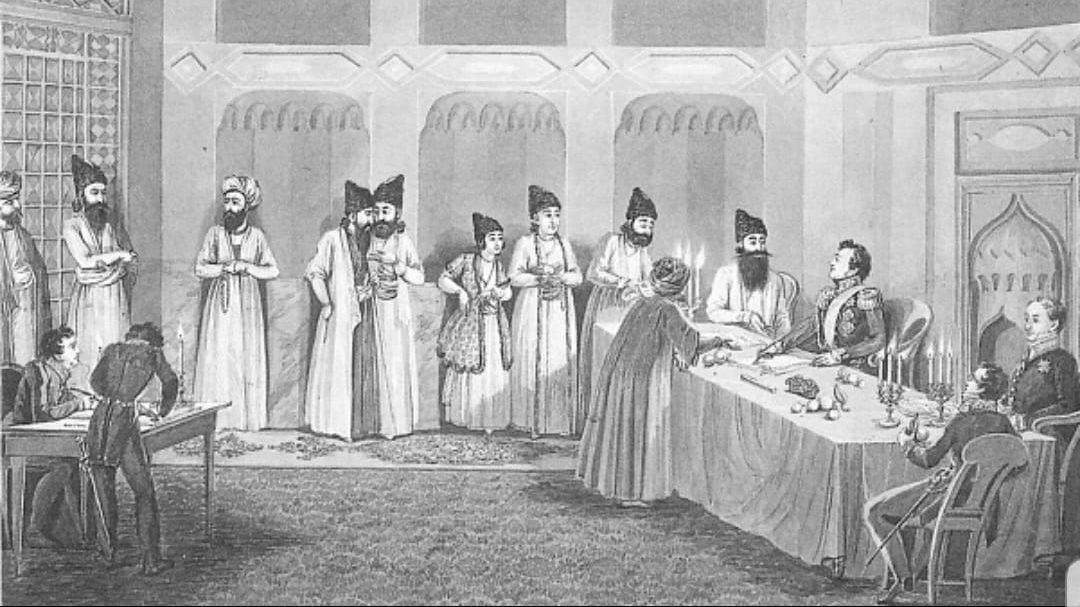The Iran-China 25-Year Cooperation Agreement
Al-Mada, Iraq, April 15
On March 27, China and Iran signed a Strategic Economic Cooperation Agreement, which covers the two nations’ defense, cultural, political and economic ties. According to Iranian Foreign Ministry spokesman Saeed Khatibzadeh, the value of the agreement, set to last 25 years, amounts to over $400 billion. This agreement and the secret annexes attached to it, which have not been officially released, did not gain public approval. Rather, the Iranian public expressed widespread rejection of it. Some Iranians went as far as calling for its cancellation, claiming that Iran is “not for sale.” Objectors and analysts described this agreement as similar to the Treaty of Turkmenchay, which was signed between Qajar Iran and the Russian Empire in 1828, bringing an end to the war that took place between the two countries. As a part of the agreement, Iran ceded its territories in the South Caucasus and agreed to pay Russia 20 million silver rubles. Similarly, other voices in Iran likened the agreement to the 1890 tobacco concession granted by Nasir al-Din Shah of Persia to the United Kingdom, granting British control over growth, sale, and export of tobacco — which ultimately triggered massive protests in Iran. Only after security forces shot and killed seven demonstrators, Naser al-Din Shah Qajar finally agreed to cancel the agreement. Ultimately, the demonstrations paved the way for extensive political changes in the Iranian political system, including a constitutional revolution that strengthened the shah’s rule. So the important question now remains: How will the Iranian public react to the recent Sino-Iranian agreement? Will demonstrations break out across Iran? And could the widespread objection to the deal lead to action on the ground? –Abdul Halim Al-Rahimi (translated by Asaf Zilberfarb)


